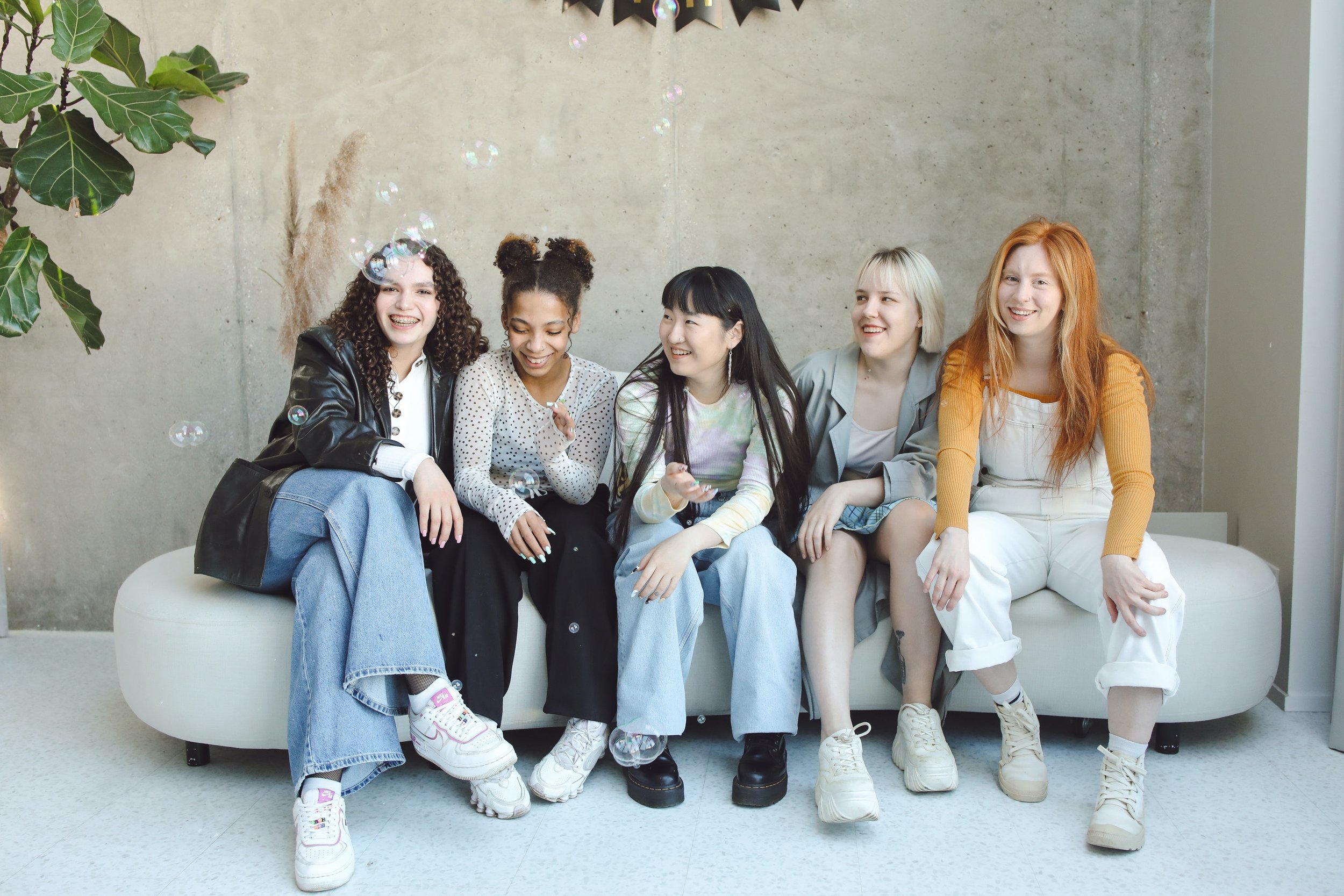5 Truths About Adult Social Skills That Impact Your Mental Health
/Navigating social interactions is an integral part of adult life, and the way we engage with others can have a profound impact on our mental well-being. While social skills may seem complex, they hold the power to shape our relationships, self-esteem, and overall mental health.
In this article, we'll explore five truths about adult social skills and their significance for your emotional wellness.
1. Social Skills Are Essential for Mental Health
It's no secret that human beings are social creatures. Our connections with others influence our emotional state, from joy and contentment to stress and loneliness. Engaging in positive social interactions provides a sense of belonging, which is a fundamental aspect of mental health. Healthy relationships create a support network that can offer comfort during difficult times, reducing the risk of mental health struggles.
2. Social Skills Can Be Developed and Enhanced
Contrary to the belief that social skills are innate traits, they are learned behaviors that can be cultivated and improved over time. Just like any other skill, practice and patience play a crucial role in enhancing your ability to communicate, empathize, and connect with others. By seeking out opportunities to engage in social interactions and learning from your experiences, you can gradually become more skilled in navigating diverse social scenarios.
3. Mindful Communication Nurtures Positive Interactions
Effective communication is the cornerstone of successful social interactions. Practicing mindfulness – being fully present in the moment – during conversations can significantly impact the quality of your connections. Active listening, showing empathy, and responding thoughtfully demonstrate that you value and respect the other person's thoughts and feelings. Such mindful communication fosters deeper understanding and strengthens bonds, contributing to improved mental well-being.
4. Boundaries Are Vital for Self-Care
While fostering connections is essential, maintaining healthy boundaries is equally crucial for your mental health. Clearly defining your personal limits in social interactions ensures that you engage in relationships that are respectful, supportive, and mutually beneficial. Boundaries protect your emotional energy, prevent burnout, and allow you to prioritize self-care – all of which are vital components of a well-balanced mental health regimen.
5. Quality Over Quantity in Social Connections
In today's fast-paced world, it's easy to equate the number of social connections with popularity and well-being. However, the quality of your relationships matters more than the quantity. Cultivating a few deep and meaningful connections can provide a strong emotional support system that significantly contributes to your mental health. These connections offer a safe space for vulnerability and authenticity, reducing feelings of isolation and promoting emotional resilience.
In conclusion, adult social skills are not only relevant but crucial to your mental health. Engaging in positive social interactions, honing your communication abilities, setting healthy boundaries, and fostering meaningful connections all play a pivotal role in your emotional well-being. Remember that growth in social skills is a journey, and with consistent effort and a willingness to learn, you can transform your interactions and improve your overall mental health.
By recognizing these truths and actively working on your social skills, you empower yourself to create fulfilling relationships that positively impact your emotional and psychological state. As you navigate the intricacies of social interactions, remember that each step you take toward improvement contributes to your journey of self-discovery and mental well-being.
Do you have an interest in improving your social skills? Our social skills adult group is starting soon. Email us to reserve a seat today.







